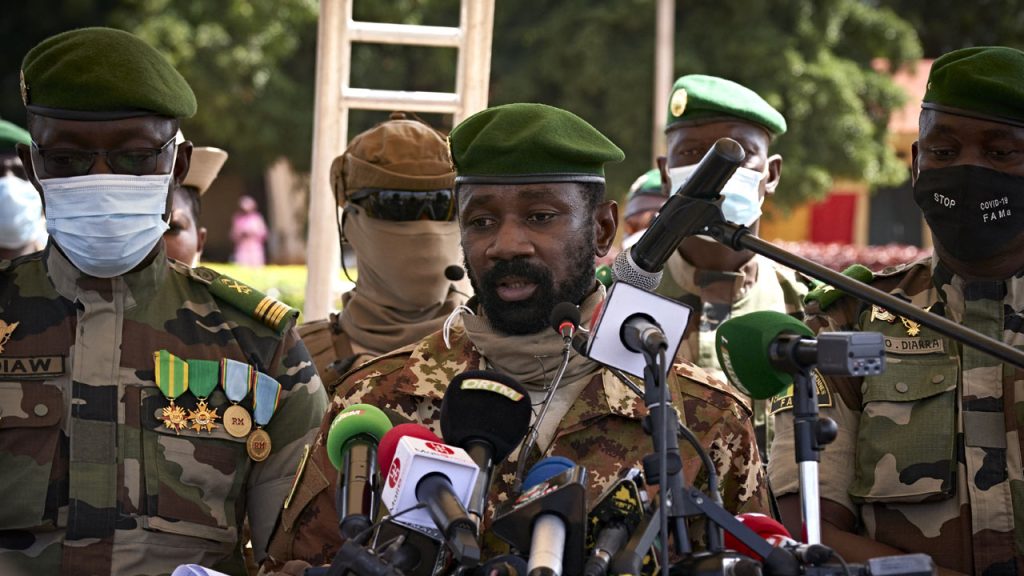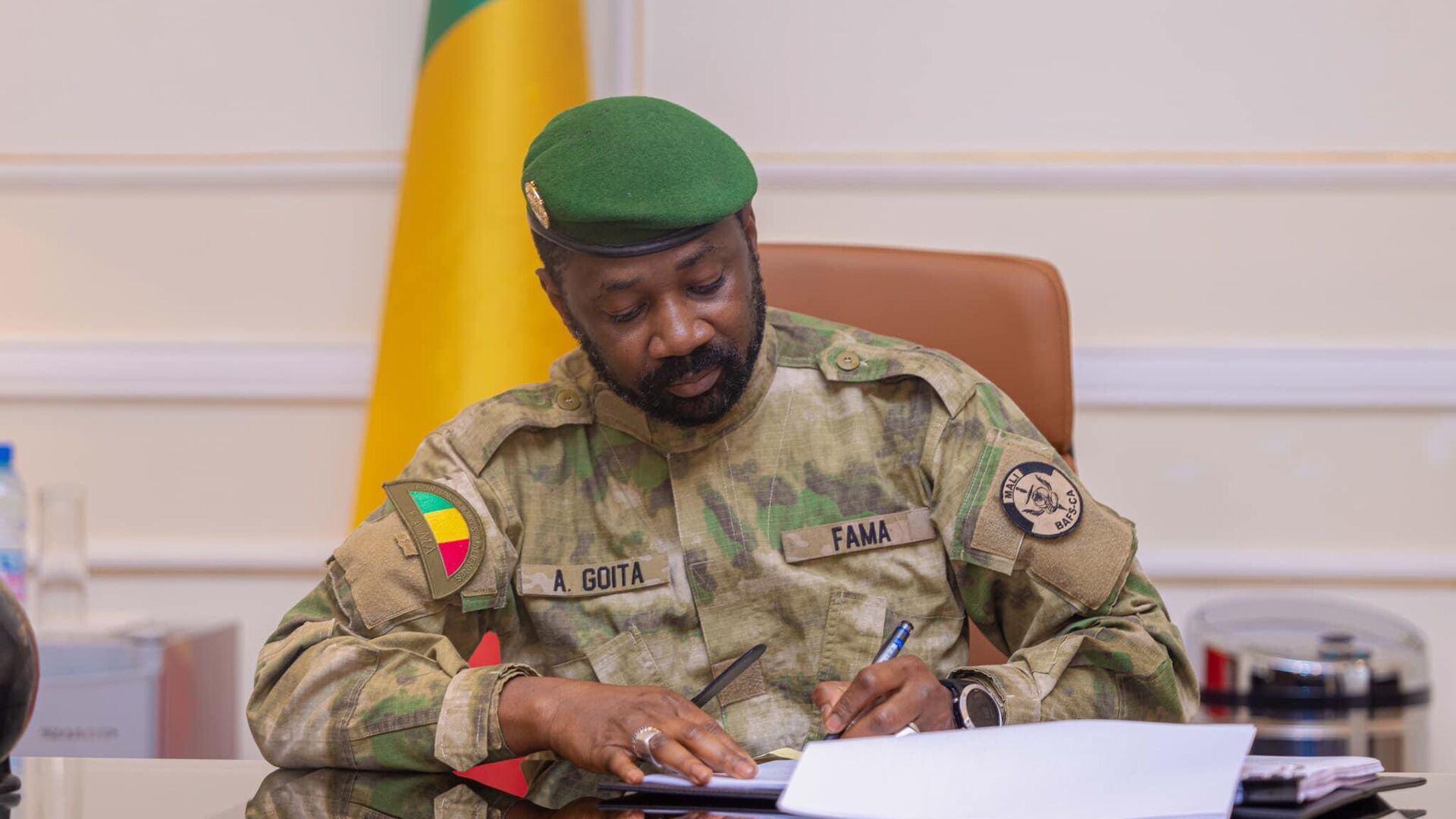The United Nations human rights chief Volker Türk has called on Mali’s transitional government to immediately revoke its recent decree dissolving all political parties, describing the move as “draconian” and a direct threat to civil and political freedoms in the country.
The decree, signed on Tuesday by the military-led presidency, effectively banned political parties in the West African nation, drawing sharp criticism from international observers and civil society. It comes amid growing tensions, following two military coups in 2020 and 2021 that have since brought Mali under prolonged military rule.
UN human rights officials say the clampdown followed a surge in opposition activity, as more than a hundred parties formed a coalition in a rare show of defiance against the ruling junta. The UN said the political ban violates Mali’s obligations under international human rights law and urged the authorities to restore civic freedoms.
“Any restrictions of political participation must be consistent with Mali’s international human rights law obligations,” Türk said. “The transitional president should repeal this draconian decree.”

The UN also raised concerns about escalating repression, citing the recent arrest and enforced disappearance of at least three opposition members following anti-government protests. “Their whereabouts are currently unknown, the latest victims in a pattern of enforced disappearances that dates back to at least 2021,” the UN said in its statement.
Türk demanded the immediate release of those detained on politically motivated grounds and called on the junta to protect civic space and uphold basic freedoms, including the rights to peaceful assembly, association, and expression.
The UN rights office also noted that the decree comes amid growing insecurity and violence across Mali. It highlighted a 120 percent rise in reported human rights violations between 2023 and 2024, including recent allegations of extrajudicial killings by Malian forces, allegedly accompanied by foreign military contractors linked to Russia’s Wagner Group—now rebranded as the “Africa Corps.”
One such incident reportedly took place last month in the town of Sebagougou in Kayes region, where dozens of civilians were allegedly executed after being detained by security forces and foreign operatives.
Türk stressed that the Malian government must ensure timely, transparent investigations into these violations. “Those found responsible must be brought to justice in fair trials that meet international standards,” he said. “Victims must be guaranteed their rights to truth, justice and reparations.”


 Trending
Trending 